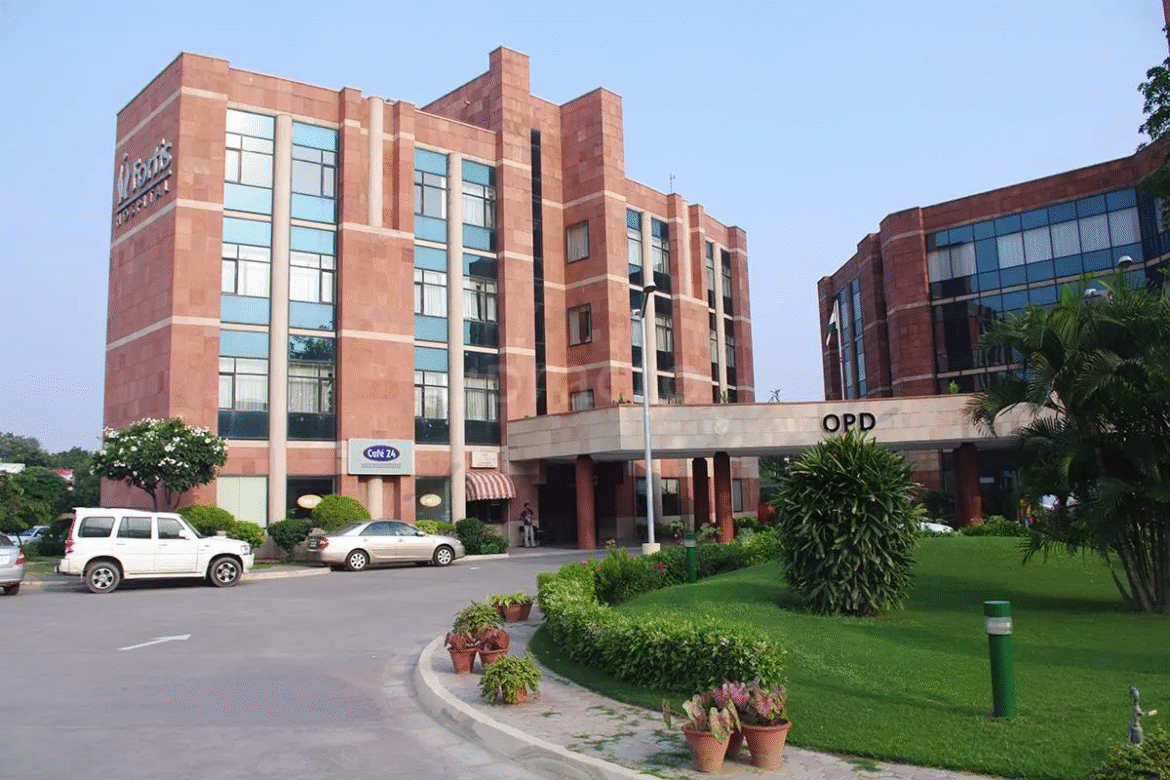AI Generated Summary
- The technology is also crucial for identifying inherited genetic changes, such as mutations in the BRCA1 and BRCA2 genes, which can significantly increase lifetime cancer risk for both patients and, in some cases, their family members.
- With the Institute of Genomic Medicine, Fortis Mohali aims to place India at the forefront of integrating genomic science into routine cancer care, offering patients targeted solutions that improve both survival rates and quality of life.
- In a significant step towards advancing cancer treatment, Fortis Hospital Mohali has inaugurated its Institute of Genomic Medicine, a facility dedicated to harnessing cutting-edge genetic technology for early detection, prevention, and personalised therapy.
In a significant step towards advancing cancer treatment, Fortis Hospital Mohali has inaugurated its Institute of Genomic Medicine, a facility dedicated to harnessing cutting-edge genetic technology for early detection, prevention, and personalised therapy.
The institute will use advanced genetic testing to identify variations in genes, chromosomes, and DNA patterns linked to cancer. This approach can reveal if a person carries a heightened risk of developing the disease, enabling doctors to tailor prevention strategies and recommend timely medical interventions.
Dr. Ravneet Kaur, speaking on the launch, explained that genomic testing typically begins with a sample of blood, saliva, or tumour tissue. For patients already diagnosed with cancer, advanced tools such as next-generation sequencing and liquid biopsies allow specialists to map the tumour’s genetic mutations. “These insights let us design treatments that specifically target the mutations driving cancer growth,” she said, adding that this precision reduces unnecessary side effects and boosts therapy effectiveness.
The technology is also crucial for identifying inherited genetic changes, such as mutations in the BRCA1 and BRCA2 genes, which can significantly increase lifetime cancer risk for both patients and, in some cases, their family members. Early detection of these genetic markers empowers clinicians to recommend proactive measures — from lifestyle adjustments to preventive screenings — ensuring that cancer care is not only personalised but also preemptive.
With the Institute of Genomic Medicine, Fortis Mohali aims to place India at the forefront of integrating genomic science into routine cancer care, offering patients targeted solutions that improve both survival rates and quality of life.




